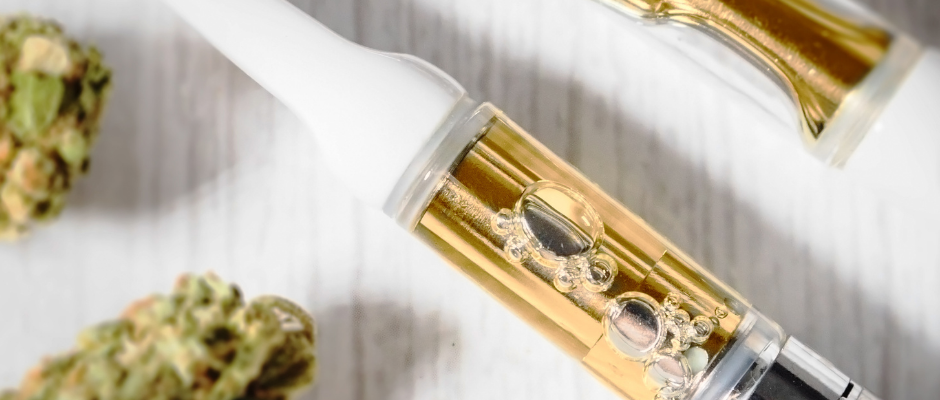Teenage years are a time filled with exploration and experimentation. Unfortunately, experimentation can sometimes have unintended consequences. When it comes to teenage marijuana usage, there are concerning short-term and long-term effects. As marijuana continues to become legalized in many states, its usage is becoming increasingly commonplace, leading many to believe marijuana is harmless and risk-free. For a variety of reasons this is not the case. Notably, the potency of marijuana has increased more than 300% in the last 25 years, yielding new risk-factors that are often overlooked.
What to know about THC
The amount of delta-9-tetrahydrocannabinol, or THC, determines marijuana’s potency. THC is the main compound that can be attributed to the psychoactive effects of marijuana. When taken in high doses, it can lead to psychosis and hallucinations. Not only can THC severely affect your mental state, but it can also decrease blood flow. In extreme cases, users have to go to the emergency room to be treated for cannabinoid hyperemesis syndrome, where you can’t stop vomiting and have intense abdominal pain. Since marijuana was legalized, there has been an increased number of cases at the ER associated with cannabis-use. This seems to be correlated with ease of access to THC with higher potency.
THC and Teens
One of the most at-risk groups to these negative effects are adolescents and young adults. This is largely due to the fact that their brains are still developing, therefore it affects cognition, memory, coordination, and maintaining attention. These effects directly impact performance in school. They also can increase risk of mental health issues. Marijuana use even impairs your ability to drive because it decreases reaction times, motor performance, and attention. Since its legalization, there has been an increase in fatal car crashes related to cannabis use.
What most teens don’t realize is that marijuana can be addictive with repeated use. Beginning to use marijuana at a young age can increase the likelihood of developing a drug problem as an adult. Unfortunately, it also makes you at least twice as likely to develop psychosis, schizophrenia, anxiety, and depression later in life.
At Hope Academy, we support teens dealing with substance abuse. We recognize substance use disorder as a spectrum from experimentation to substance abuse to physiological dependence. If you have concerns about your child’s marijuana use, it is best to address it early.
If you are interested in learning more about Hope Academy and if it’s the right fit for your high school student, you can check out this post. While many teenagers want to try marijuana at their young age, they often are unaware of the dangerous consequences.
https://www.cdc.gov/marijuana/factsheets/teens.htm
https://www.drugabuse.gov/publications/marijuana-facts-teens/some-things-to-think-about
